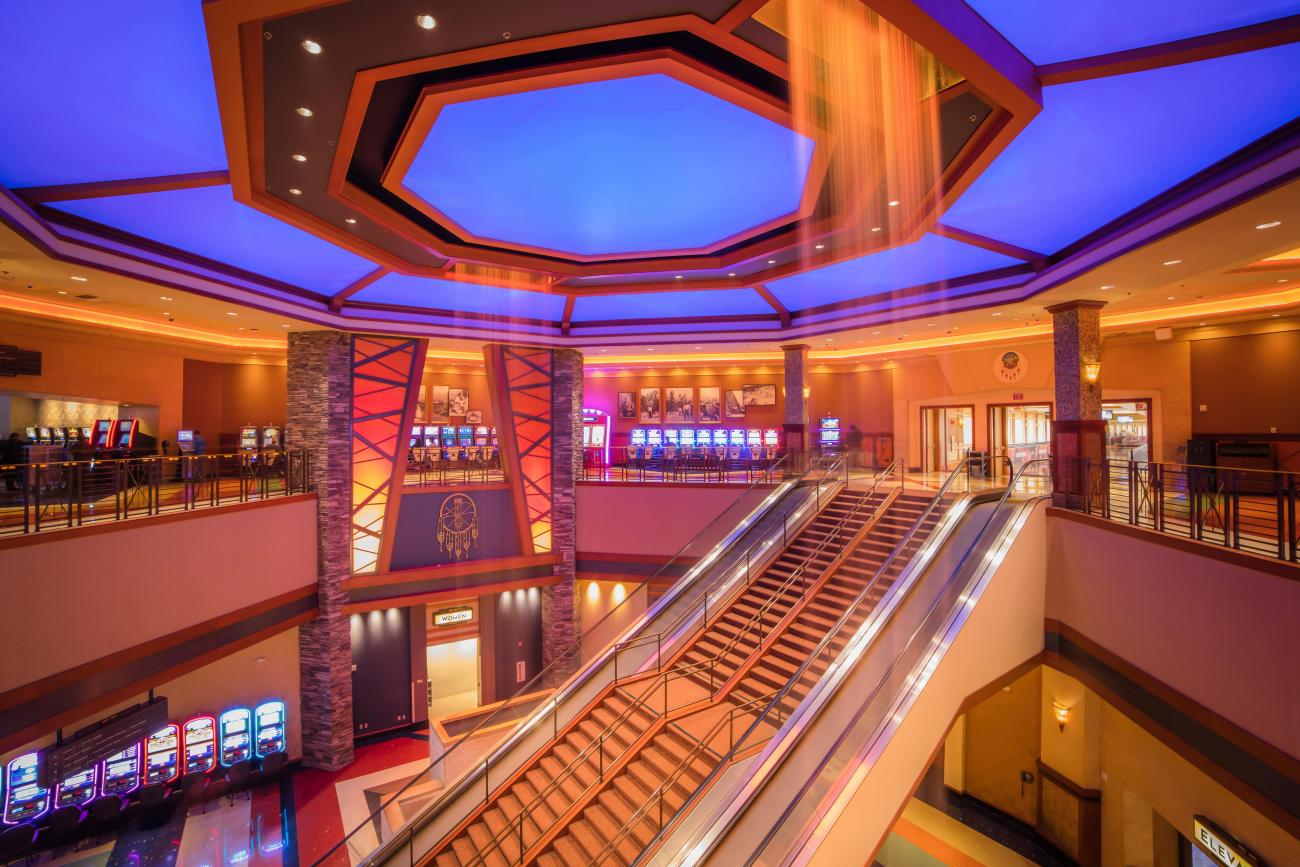
Casino games have long captured the imagination of humans around the planet, becoming an important part of both entertainment and tradition. https://bandkpower.com/ From the sparkling lights of Nevada to the captivating experience of online gaming, these activities evoke enthusiasm, risk, and sometimes even a sense of sentimentality. They are beyond simply pastimes; they have woven themselves into the fabric of human experience, influencing everything from cinema and melodies to style and writing.
The charm of casino games goes beyond the betting aspect, tapping into broader themes of fortune, chance, and human behavior. As players gather around a card table or spin the wheel of fortune, they engage in an age-old ritual that connects with our shared desire for excitement and uncertainty. This obsession has led to the rise of many references in films, music, and electronic games, showcasing how deeply entrenched these pastimes are in mainstream culture. Whether it is the intense drama of a classic heist movie or the vibrant nightlife portrayed in videos, casino games have created a substantial place that reflects our connection with reward.
Social Importance of Gambling Activities
Gambling games have played a crucial role in social aspects throughout the ages. Stemming from old civilizations, games of chance were often linked to rituals or events. For example, early forms of gambling can be linked back to historic Chinese and the Roman Empire, where die games and wagering on results were popular pastimes. These games not only served as entertainment but also as means of social interaction, facilitating connections among people within societies.
As cultures evolved, so did the complexity and organization of gambling games. The establishment of official casinos in the 17th century, particularly in the Italian region, marked a major shift in how games were perceived and structured. With specific spaces for gambling, the casino became a community center where patrons from various backgrounds gathered. This evolution contributed to the legitimization of gambling, transforming it from a mere pastime into an established industry that shaped the economy and policy.
The effect of gambling activities on popular culture cannot be overlooked. As they were brought into the limelight in books and movies, games such as Texas Hold’em and blackjack became symbols of chance, chance, and tactics. Iconic characters and stories have emerged around these activities, reflecting societal views towards fortune, wealth, and immorality. This interest with casino activities has infiltrated various forms of entertainment, cementing their status in the collective consciousness and connecting them to broader cultural stories throughout the ages.
Portrayal of Gambling Games in Entertainment
Casino activities have long been a popular theme in various forms of media, reflecting both the excitement and intricacies of gambling culture. Films such as Ocean’s 11 and Casino Royal portray figures who navigate intense situations, showcasing not only the allure of the gambling environment but also the tactics and judgments that come with playing popular games like poker and blackjack. These films often dramatize the excitement of winning and the potential consequences of losing, encapsulating the dangers involved in gambling.
Television shows have also explored the realm of gambling activities, often integrating them into the plot as a setting for character arcs and tension. Shows like Vegas depict the experiences of gambling employees and patrons, highlighting the dynamic, often disorderly energy of the casino floor. Reality shows featuring high-stakes betting contests further emphasize the appeal of casino games, drawing viewers into the drama and tactics involved in each game. Through these portrayals, media not only amuses but also sparks conversations about fortune, expertise, and the nature of randomness.
Gaming have increasingly incorporated casino games into their design, allowing players to simulate the feeling of gambling without financial exposure. Titles within the domain of online gaming often include virtual slots, online poker, and other casino favorites, creating an interactive experience that mirrors actual casino experiences. These virtual portrayals make gambling activities accessible to a worldwide viewer base, appealing to both gamblers and those who enjoy the rush of simulation. As a consequence, the portrayal of gambling activities in media continues to shape public perception and cultural relevance, highlighting their role in society and the cultural landscape.
Effect of Casino Games on Communities
Casino games have a meaningful impact on communities, influencing multiple aspects of societal norms and interpersonal behavior. They often function as a venue for social interaction, where people gather to experience a common activity. Game nights with friends or visits to casinos become social activities that foster connections and create shared moments. This collective aspect enhances the fun value of gambling activities, making them a popular choice for festivities and recreational pursuits.
Additionally, casino games have been depicted in countless films, TV series, and literature, shaping perceptions and attitudes towards gambling and betting. Icons like James Bond playing baccarat or the high-stakes poker scenes in films have embedded these games in the collective imagination. This representation often idealizes the culture associated with gambling, attracting new players and influencing trends in both style and behavior. These representations can spark curiosity and lead to a more profound exploration of the intricacies of gambling.
Nonetheless, there are also negative implications associated with the popularity of casino games. The temptation of quick monetary gain can lead to gambling addiction and economic troubles for some individuals. Society must grapple with these consequences, advocating for responsible gambling and awareness of the dangers involved. Finding a balance between the entertainment value of casino games with the potential for harm is crucial to ensure that they remain a beneficial aspect of our cultural landscape.
